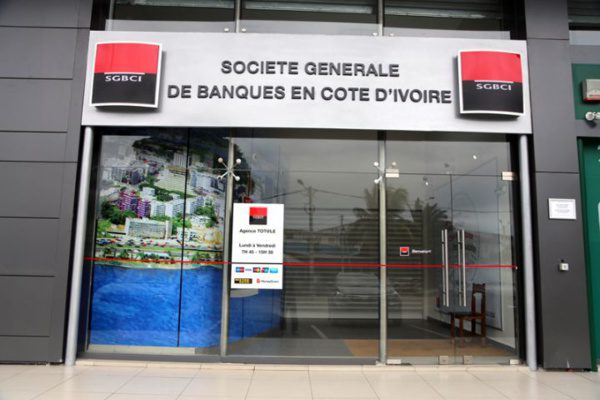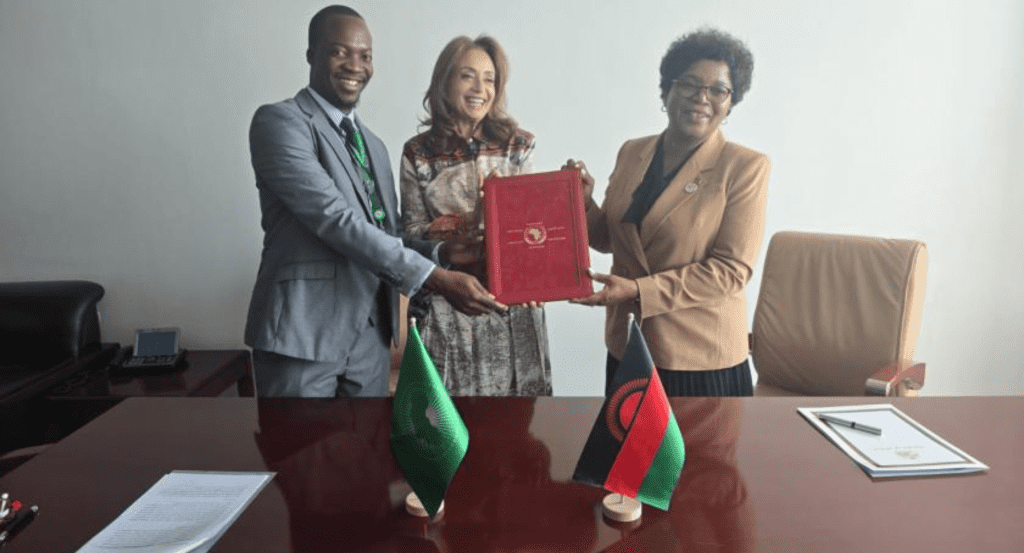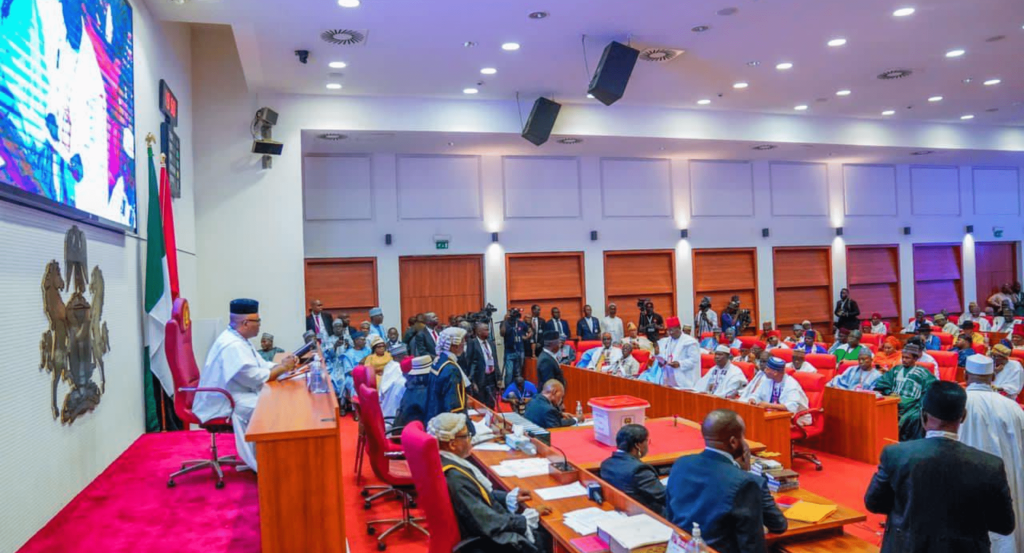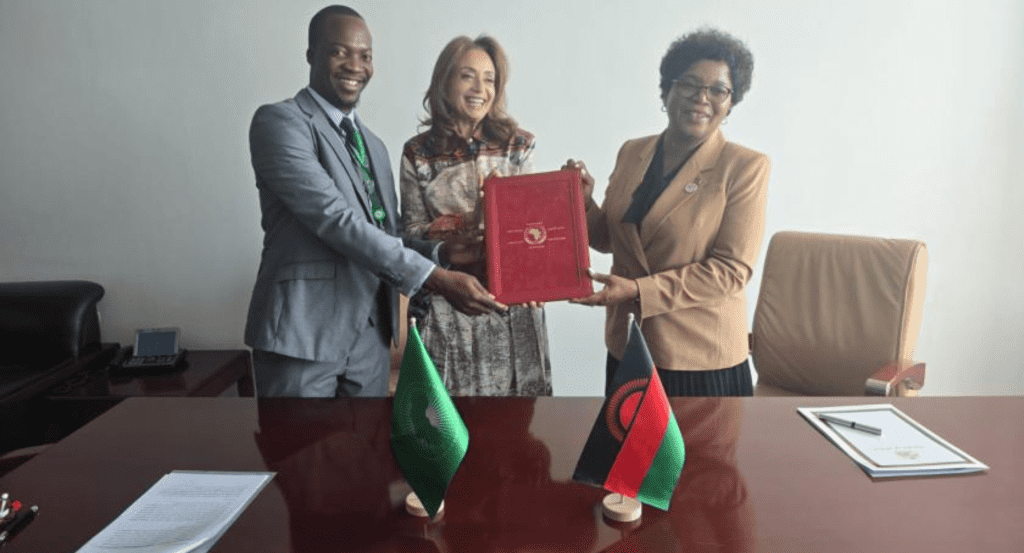The financial sector in Côte d’Ivoire is undergoing a transformation, with a focus on increasing financial inclusion and providing banking services to underserved communities. With over 65% of the population previously unbanked, innovations such as mobile money platforms and microfinance initiatives are now playing a crucial role in reshaping the economy.
The Mobile Money Revolution in Côte d’Ivoire
The rapid rise of mobile money services has revolutionized the financial landscape. Services like Orange Money, MTN Mobile Money, and Moov Money provide millions of Ivorians with access to basic financial services, including transfers, savings, and bill payments. This innovation has proven to be a lifeline, especially in rural areas where traditional banks are scarce.
Mobile wallets are now widely used for day-to-day transactions such as sending remittances, paying school fees, and purchasing goods. The ease of access has made mobile money the primary financial tool for many Ivorians, with the mobile money penetration rate reaching 75% in 2023.
Microfinance Institutions Empowering Entrepreneurs
Microfinance institutions are also playing a critical role in financial inclusion by offering small loans to individuals and businesses who cannot access traditional banking services. Organizations such as Advans Côte d’Ivoire and Baobab Microfinance provide loans to small businesses, particularly in agriculture, trade, and crafts.
For instance, Advans offers tailored loans to cocoa farmers, allowing them to invest in equipment and increase production. These loans empower entrepreneurs and small businesses, driving economic growth at the grassroots level.
The Role of Traditional Banks in Financial Inclusion
Traditional banks, such as Société Générale Côte d’Ivoire and Bank of Africa, are also expanding their services to target the previously unbanked. Many banks have launched simplified savings accounts with no minimum deposit requirements, encouraging people to open accounts.
Furthermore, banks are collaborating with telecom providers to integrate mobile banking services, bridging the gap between the formal and informal financial sectors.
Challenges in Reaching the Unbanked
Despite significant progress, several challenges remain. Digital literacy is a major hurdle, with many Ivorians lacking the necessary skills to navigate mobile banking platforms. Additionally, limited access to smartphones and internet services in rural areas restricts the adoption of digital financial solutions.
Financial institutions are working to address these challenges through public education campaigns and partnerships with telecom providers to offer affordable mobile phones bundled with mobile money services.
Government Initiatives and Policy Support
The Ivorian government plays a crucial role in promoting financial inclusion. The National Financial Inclusion Strategy aims to increase the percentage of the banked population to 60% by 2030. Government programs, such as subsidies for mobile wallet transactions, have also incentivized the adoption of digital financial services.
Additionally, Côte d’Ivoire is part of the West African Economic and Monetary Union (WAEMU), which promotes regional financial integration. WAEMU regulations encourage cross-border mobile payments, facilitating regional trade and remittances.
Conclusion
Côte d’Ivoire’s banking sector is at the forefront of financial transformation, driven by mobile money innovations, microfinance, and expanding traditional banking services. Despite challenges like digital literacy gaps and rural connectivity issues, the future of financial inclusion in the country looks promising. With continued investment and government support, Côte d’Ivoire is well-positioned to achieve its financial inclusion goals and foster economic growth across all sectors.



























